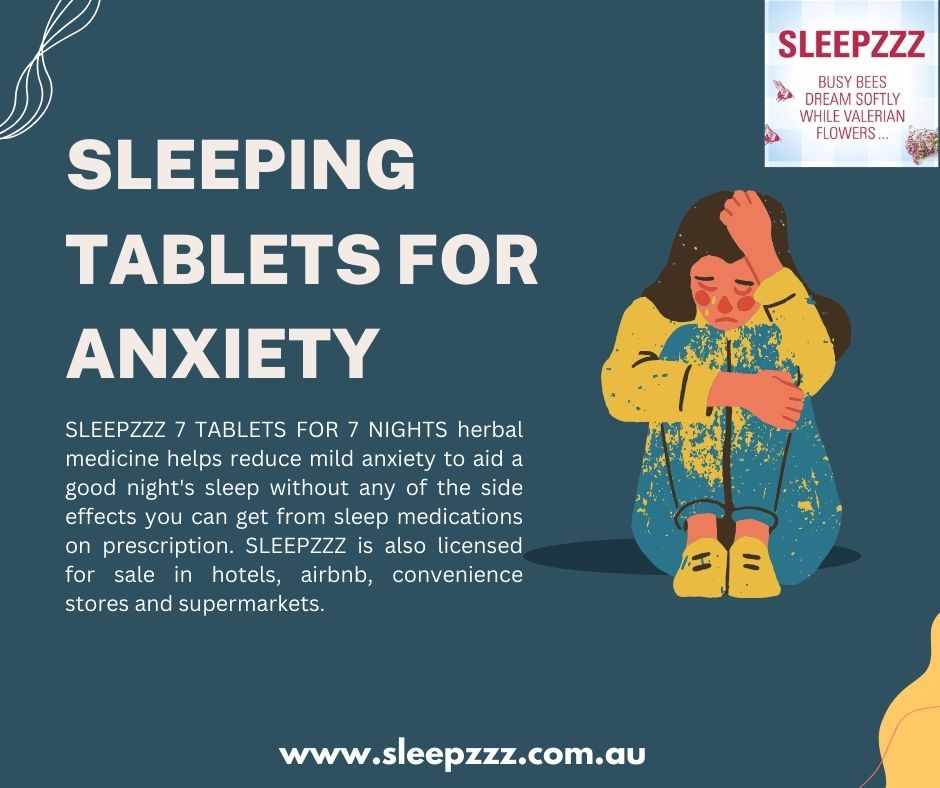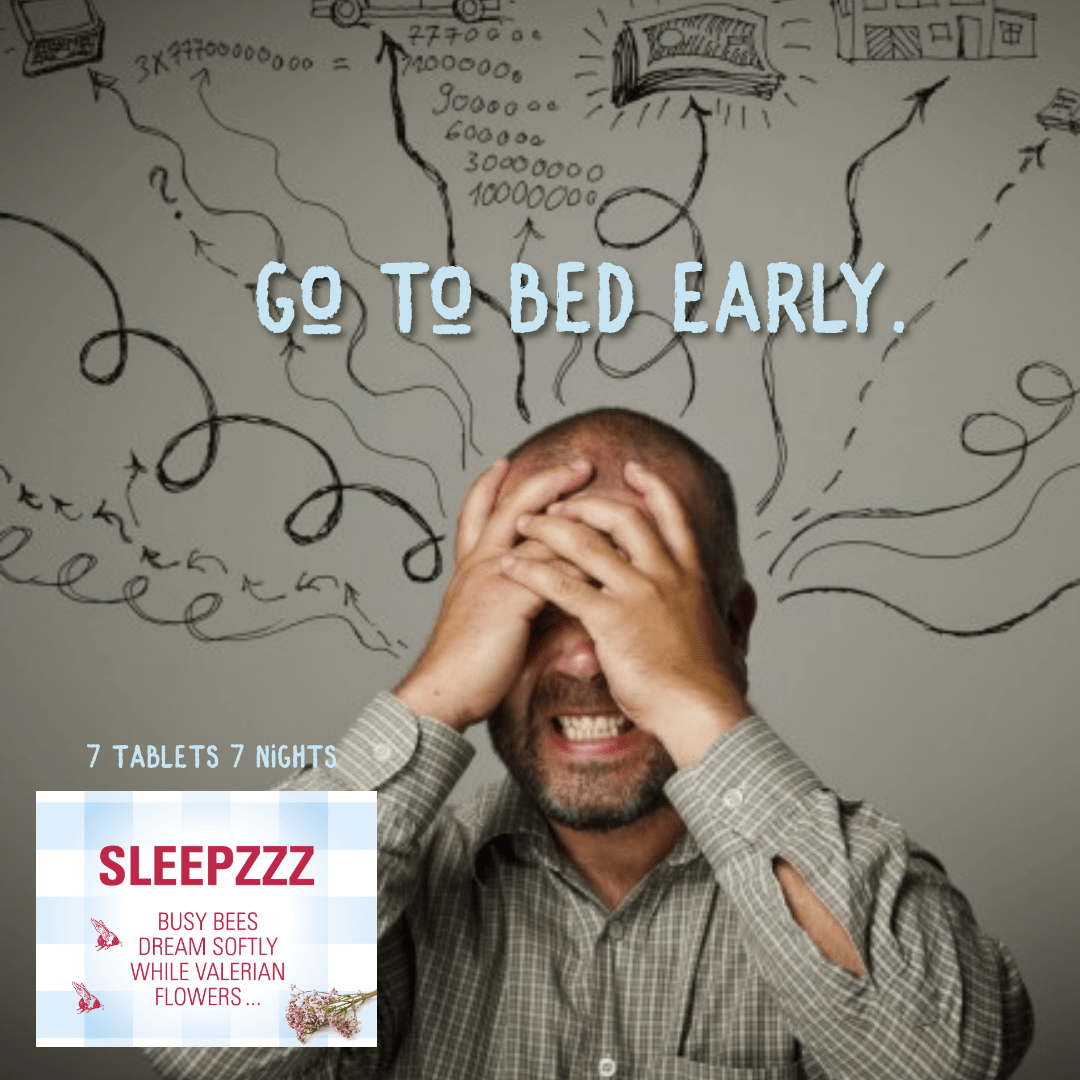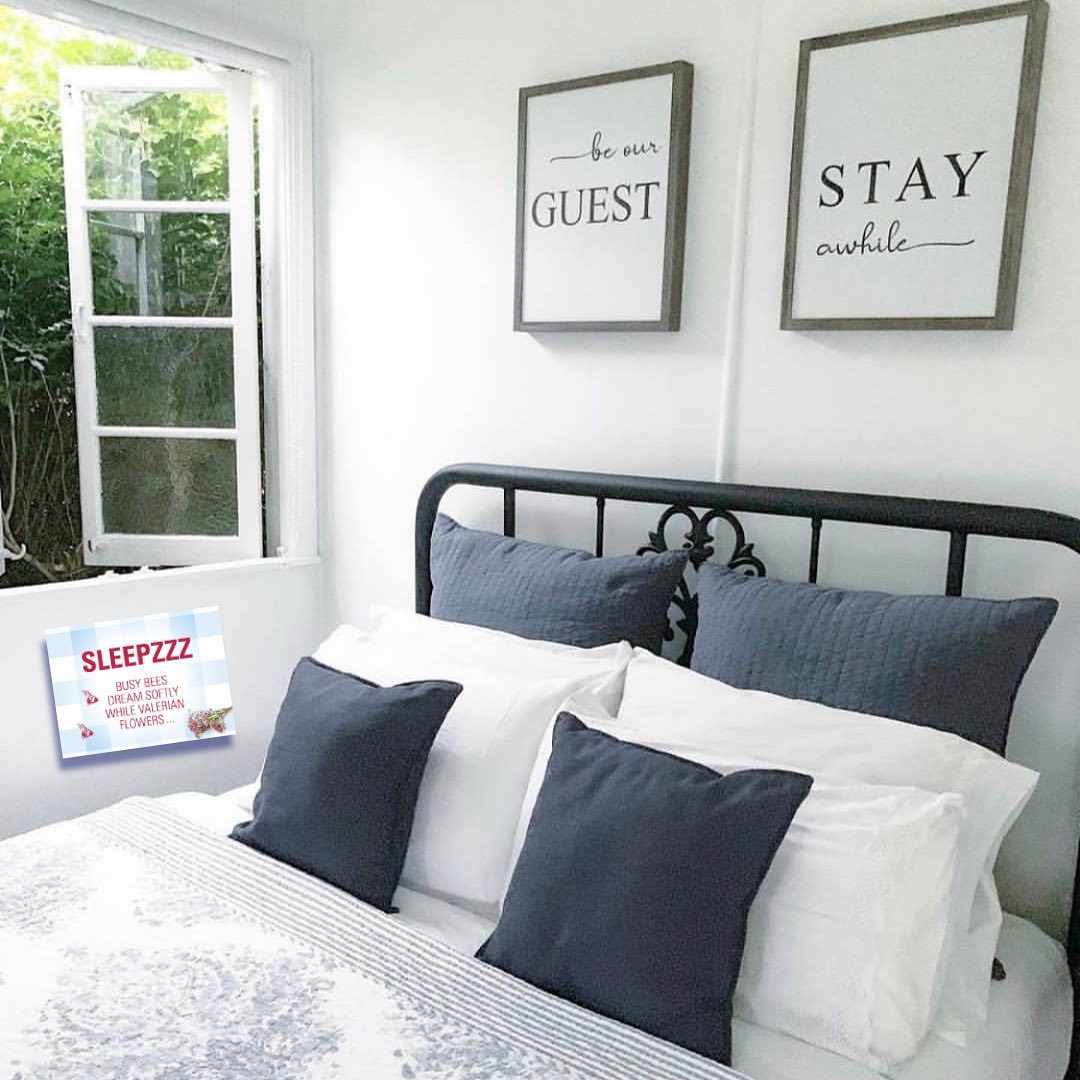
Imagine lying in bed, surrounded by darkness, as the rest of the world sleeps soundly. Instead of drifting into peaceful slumber, your mind races with worries, fears, and worst-case scenarios. You toss and turn, longing for respite from the relentless grip of anxiety that keeps you awake night after night. If this scenario feels familiar, you're not alone. Millions of people around the world grapple with anxiety sleep issues. In this comprehensive guide, we'll dive deep into the relationship between anxiety and sleep, exploring the causes, effects, and, most importantly, the strategies to regain control over your nights.
Understanding the Anxiety-Sleep Connection
Anxiety is a natural response to stress, often characterized by feelings of unease, fear, or apprehension. While anxiety can be a useful emotion in certain situations, it can become overwhelming and chronic, leading to various health concerns, including sleep problems.
1. The Vicious Cycle: Anxiety and sleep share a complex relationship. Anxiety can disrupt sleep, and in turn, poor sleep can exacerbate anxiety. This creates a vicious cycle where one problem feeds into the other, making it challenging to break free.
2. Types of Anxiety Disorders: Several anxiety disorders, such as generalized anxiety disorder (GAD), social anxiety disorder, and panic disorder, can significantly impact sleep. These conditions often involve racing thoughts, restlessness, and physical symptoms like a racing heart or shortness of breath, all of which can interfere with sleep.
3. Stress and Anxiety: Daily stressors can trigger anxiety and, subsequently, sleep problems. Work-related stress, financial worries, relationship issues, and major life changes are common culprits.
The Impact of Anxiety-Induced Sleep Issues
The consequences of chronic anxiety-induced sleep issues are far-reaching, affecting various aspects of your life:
1. Daytime Fatigue: Poor sleep leads to daytime fatigue, reducing your productivity, cognitive function, and overall quality of life.
2. Mental Health: Chronic anxiety-induced sleep problems can contribute to the development or exacerbation of mental health conditions like depression and anxiety disorders.
3. Physical Health: Sleep deprivation has been linked to an increased risk of various physical health issues, including heart disease, obesity, diabetes, and weakened immune function.
Relationships: The irritability and mood swings resulting from poor sleep can strain relationships with loved ones.
Strategies for Battling Anxiety-Induced Sleep Issues
The good news is that there are effective strategies for managing anxiety-related sleep problems. Here are some practical steps to help you conquer your nighttime demons:
1. Establish a Sleep Routine: Stick to a consistent sleep schedule. Go to bed and wake up at the same time every day, even on weekends.
2. Create a Relaxing Bedtime Ritual: Develop a calming routine before bed to signal to your body that it's time to wind down. This might include reading, gentle stretching, or deep breathing exercises.
3. Limit Stimulants: Avoid caffeine, nicotine, and alcohol in the hours leading up to bedtime, as these can exacerbate anxiety and disrupt sleep.
4. Exercise Regularly: Engage in regular physical activity, but avoid intense workouts close to bedtime. Exercise can help reduce anxiety and improve sleep.
5. Manage Stress: Practice stress-reduction techniques such as mindfulness, meditation, or yoga. These practices can calm your mind and alleviate anxiety.
6. Create a Comfortable Sleep Environment: Ensure your bedroom is conducive to sleep. This means a comfortable mattress, suitable room temperature, and minimal exposure to light and noise.
7. Cognitive Behavioral Therapy (CBT): Consider CBT for insomnia (CBT-I), a highly effective therapy designed to address sleep problems, including those related to anxiety.
8. Limit Screen Time: Avoid screens (phones, tablets, computers, TVs) for at least an hour before bedtime, as the blue light emitted can interfere with the production of melatonin, a hormone that regulates sleep.
9. Limit Worry Time: Designate a specific time during the day to address your worries and concerns. This can prevent them from hijacking your bedtime thoughts.
Seeking Professional Help
If your anxiety-induced sleep problems persist or worsen, it's essential to seek professional help. A healthcare provider or mental health specialist can offer guidance, therapy, or medication to manage your anxiety and sleep issues effectively. Sleepzzz helps reduce mild anxiety to aid a good night's sleep without any of the side effects you can get from sleep medications on prescription.
Anxiety-induced sleep issues can feel like an inescapable nightmare, but they are not insurmountable. With the right strategies and support, you can regain control over your sleep and find relief from anxiety's relentless grip. Remember that you don't have to face this challenge alone; reach out to healthcare professionals, therapists, and support networks to guide you on your journey to peaceful, restorative sleep. A brighter, more well-rested future is within your reach, and by implementing these strategies, you can conquer the night and wake up to brighter, anxiety-free mornings.




.jpg)



Write a comment ...